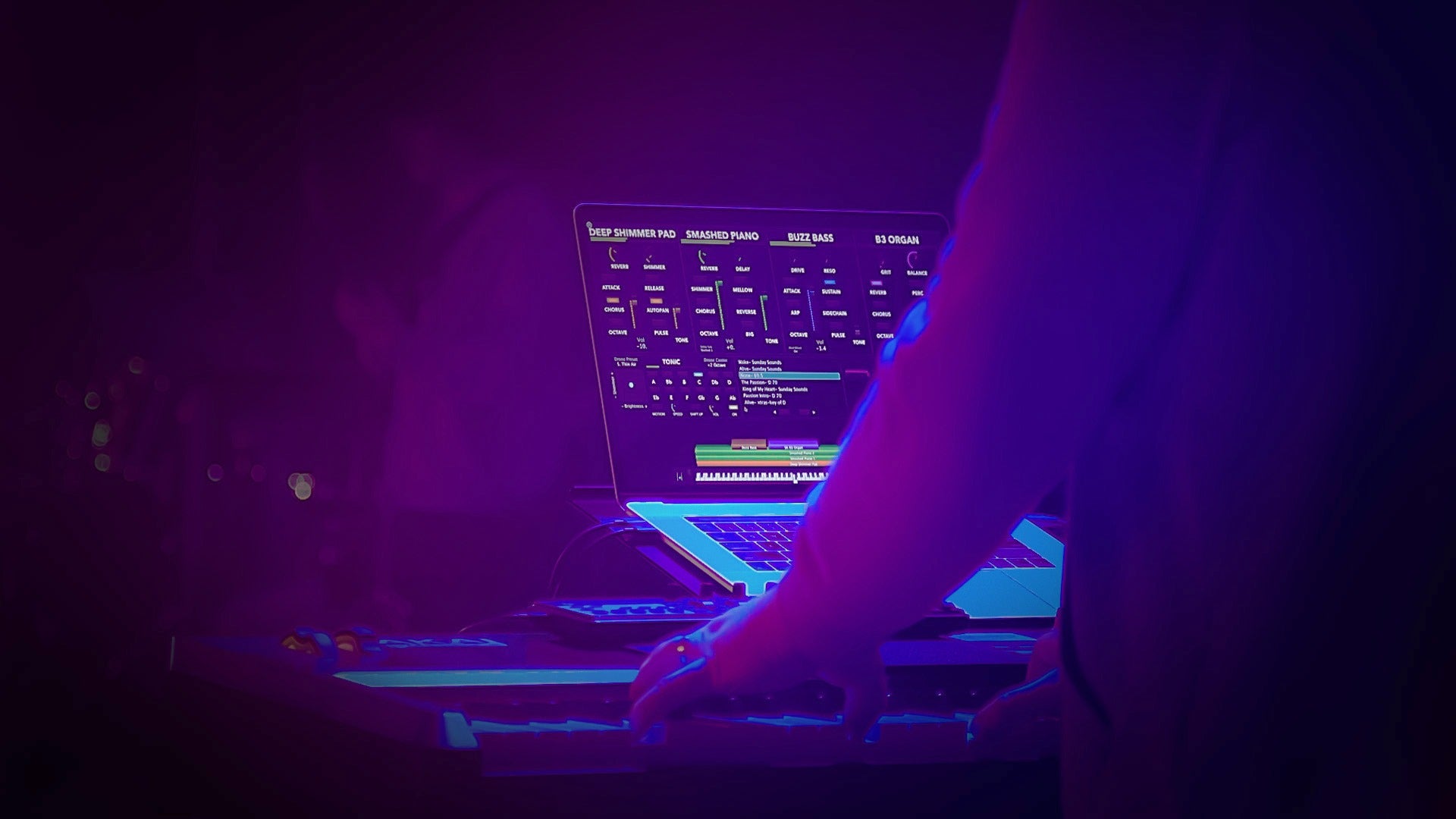Keys players in the average church have it rough compared to the pros,
When you're asked to play Piano, it's almost never just piano. Of course you need to also have a synth pad or two, maybe some organ or strings, synth bass, guitars, and on some occasions- harp.
Now image how your audio engineer feels when you send them such a wide range of potential sounds, and if you're not careful with how you get your audio from your keyboard or software to the sound board,
Chances are you will end up compressed, EQ'd into oblivion, or maybe just turned down in the mix.
This is a problem "pro" keys players don't have to worry about. Why?
One of the main reasons is a different approach to the way they send their audio output to the soundboard. This approach ensures your parts are heard in the mix (pianos, pads, and everything in between), and makes sure your mix engineer has the control they need to actually adapt during a service.
No more turning all your sounds down because a synth was too bright, and you won't have to worry about your pads muddying up the Piano, your sound person can address it real time.
Until now this kind of functionality was complicated to setup in traditional keys software like MainStage, Ableton Live, etc , and it wasn't even possible in the Sunday Keys App until now! But now that's all changed-
We've built a powerful approach to this pro feature into the newest version of the Sunday Keys App,
we call it Flex Routing.
This new video will show you how it works, and outline the hardware you'll need and the conversations you'll want to take care of before you implement.

Comments
0 comment. Write a comment